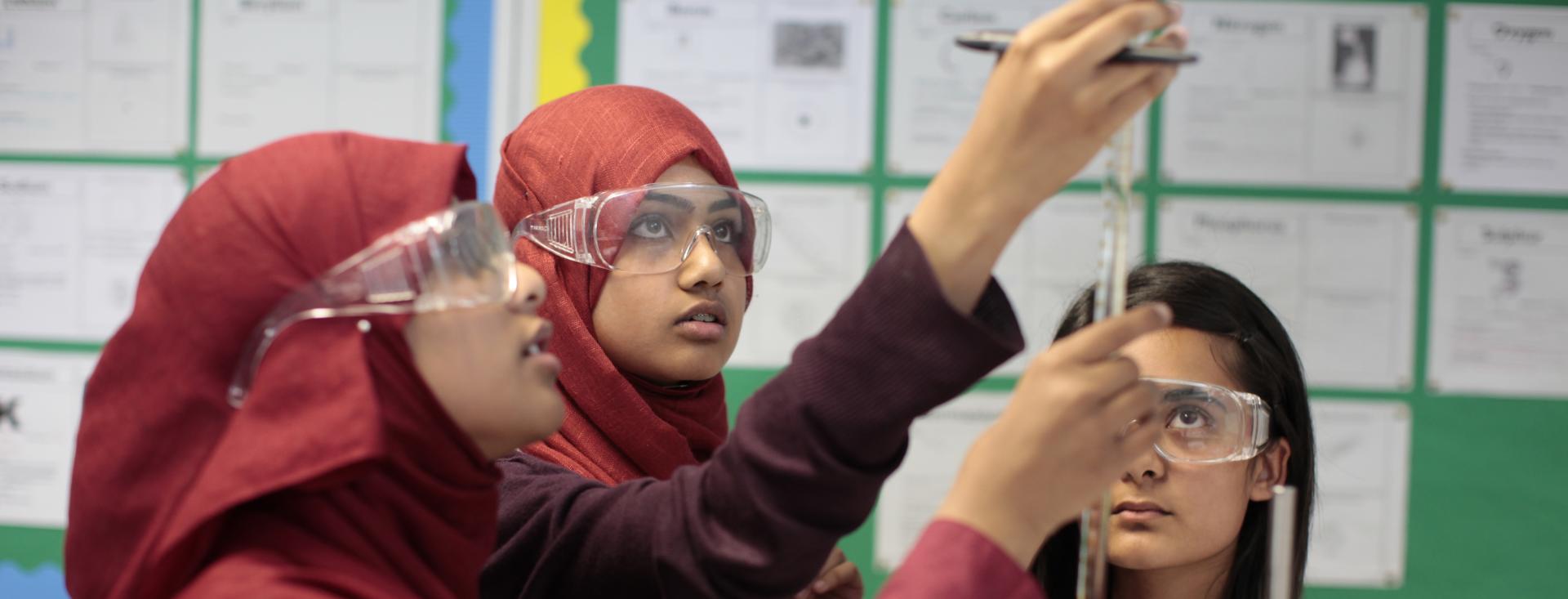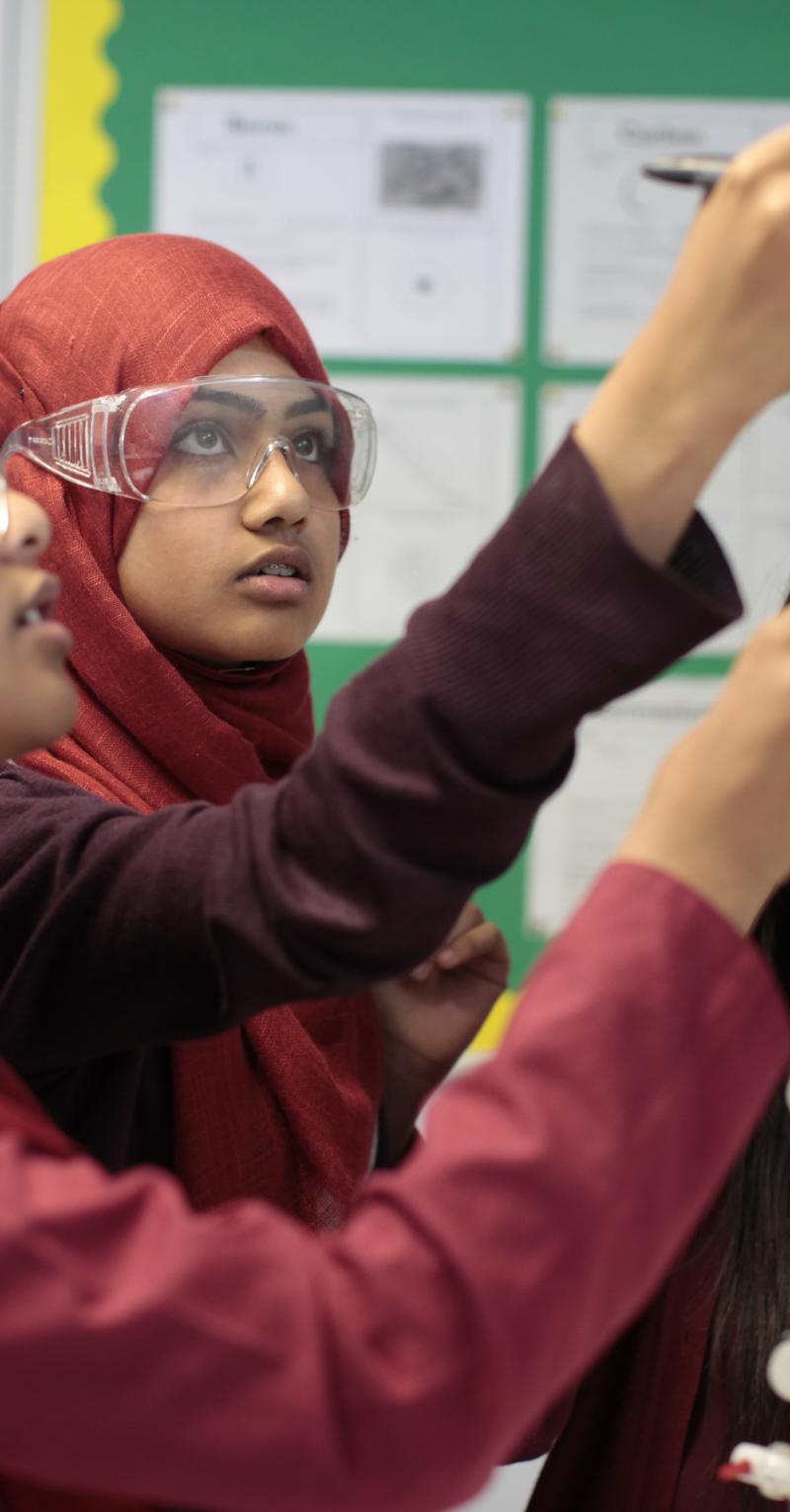Resources
Everyone has a role to play in supporting girls to become empowered, access education for better life outcomes, and thrive. Teach For All is committed to supporting the global network to identify and address the barriers that keep girls from learning and fulfilling their potential through our Girls’ Education initiative. Learn more about gender equity, the issues facing girls around the world, and more in this curated library of resources:
Girls' Education
Tackling the Taboo: Sexuality and Gender-Transformative Programmes to End Child, Early and Forced Marriage and Unions
This report is on gender-transformative work in politically and culturally conservative contexts. It explores how addressing child, early, and forced marriage and unions advances girls’ and women’s sexual agency, bodily autonomy, freedom and dignity.
Girls' Education
Making Tax Work for Girls' Education
A report that urges governments in low-income countries to increase their spending on education to ensure all girls can go to school. It discusses increasing tax revenues by reducing or eliminating tax incentives, especially to corporations.
Girls' Education
A Year to Clean Five Schools of Sexism – Shouldn’t Others do the Same?
An article on a pilot program run in five London primary schools by a nonprofit, Lifting Limits, that provides teachers with the skills and resources to recognize and correct gender bias and to support students in challenging gender inequalities.
Girls' Education
Barriers to STEM Education for Rural Girls: A Missing Link to Innovation for a Better Bangladesh
This policy paper unveils the barriers to educational opportunities for rural girls in Bangladesh, focusing on STEM education. It uses a survey of 500 rural secondary-level schoolgirls, 100 parents, and 75 teachers from 30 rural schools in Gazipur.

